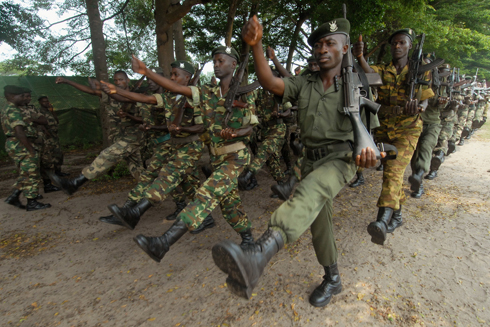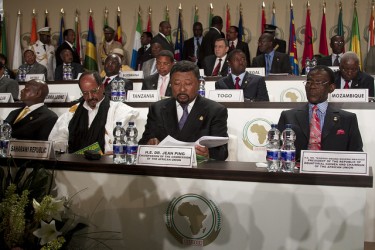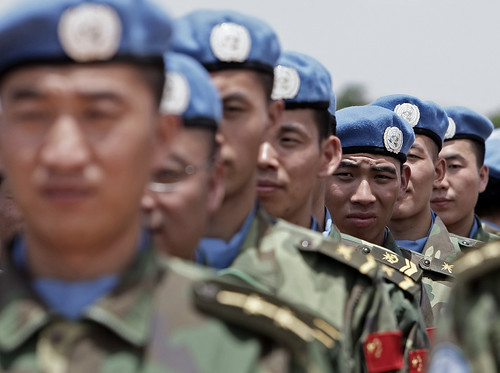
The response to the crisis in Mali has revealed the shortcomings of the multilateral security architecture in the Economic Community of West African States (ECOWAS), the African Union (AU) and the United Nations (UN). The response to the security situation in Mali has gone through four phases, with the first two each facing challenges that made it necessary to move on to the next step. The third phase was an interim measure to address the acceleration of events on the ground, paving the way to a fourth step currently under discussion at the UN.
The initial response, which spans the period from the March 2012 coup d’état to June 2012, was a regional one. Articulated by ECOWAS, it was centred on the decision to deploy a multidimensional mission – the ECOWAS Mission in Mali (MICEMA). However, this decision never went beyond the planning stages, having faced several obstacles, including the junta’s hostility to any armed presence in Bamako; the absence of consensus on the way forward with Algeria and, to a lesser extent, Mauritania, accentuated by the fact that these two countries do not belong to ECOWAS; and logistical and financial constraints that made it impossible to deploy in the absence of international support.



 Equatoguinean Teodoro President Obiang and African Union Chairman Jean Ping at the African Union Summit in Malabo. Photo from Embassy of Equatorial Guinea
Equatoguinean Teodoro President Obiang and African Union Chairman Jean Ping at the African Union Summit in Malabo. Photo from Embassy of Equatorial Guinea